
How to Get a Government Job in India
Do you want to know how to get a government job in India? Learn the super easy steps for passing exams and finding your dream sarkari job. Start today!
Discover the latest insights, tutorials, and stories from our team of experts
Page 1 of 2 (17 total)

Do you want to know how to get a government job in India? Learn the super easy steps for passing exams and finding your dream sarkari job. Start today!

Looking government job exams after graduation? Discover the top degree based government jobs in India, including banking, civil services, and Indian railways.
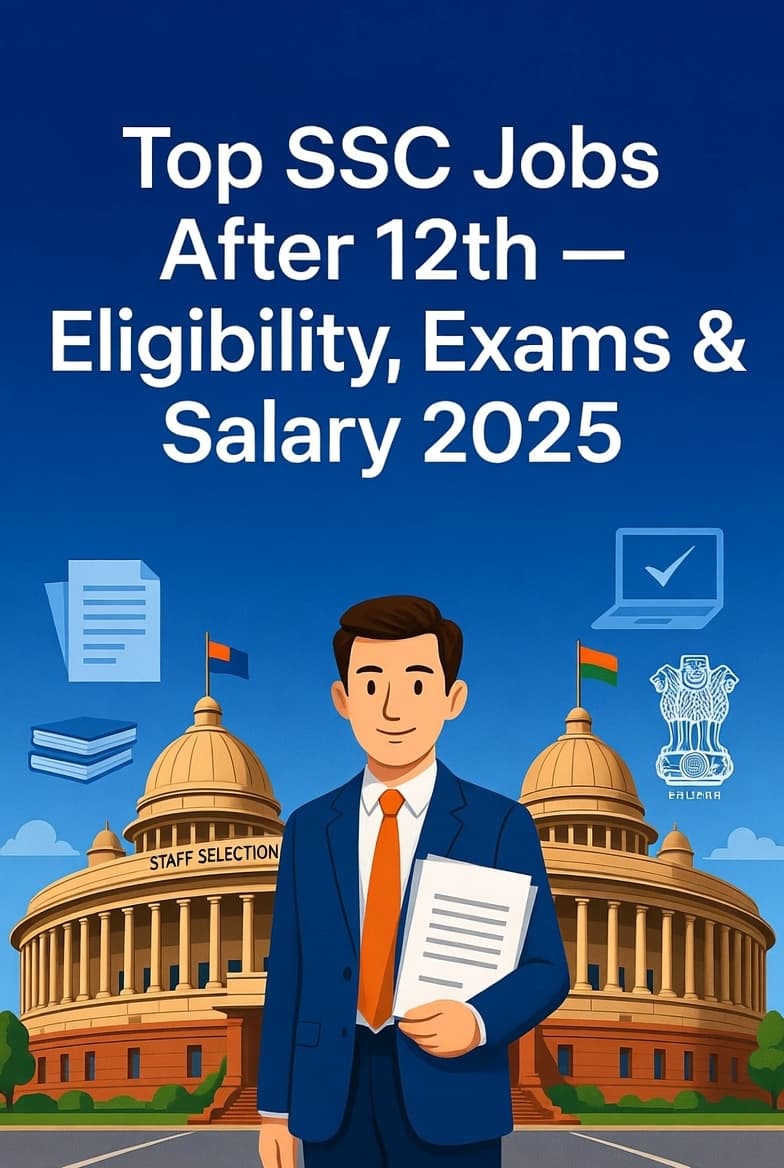
Discover top jobs in SSC after 12th, eligibility, exams, and salary details. Check the complete SSC jobs list after 12th and start your journey today!
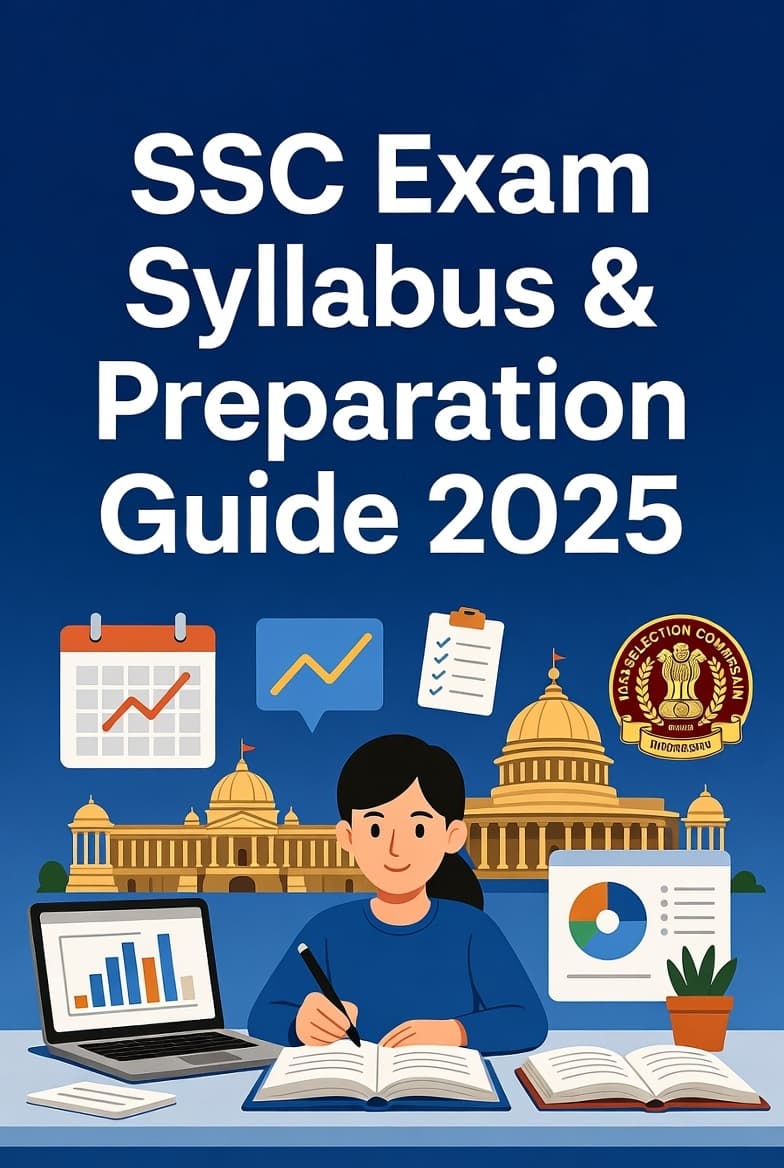
Understand the SSC exam syllabus for the exams. Get detailed subject-wise patterns, preparation tips & key takeaways for 2025 SSC aspirants.
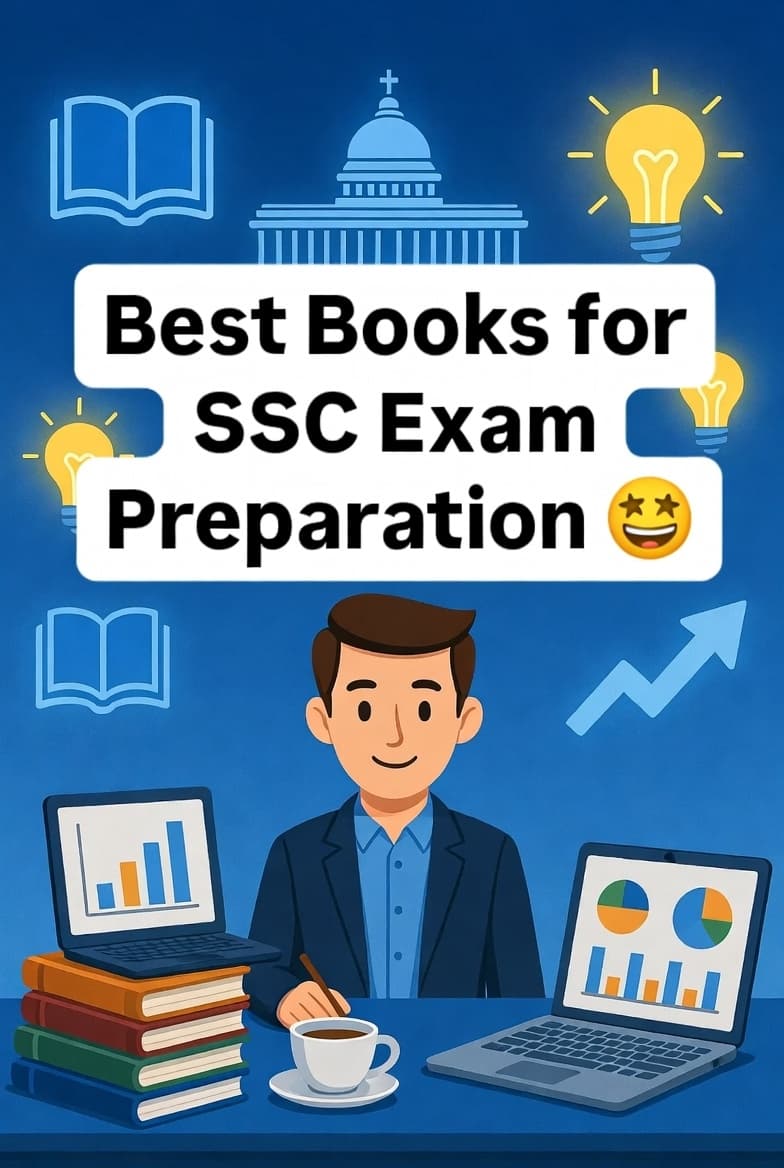
Discover the top 10 best books for SSC exam preparation. Recommended resources for CGL, CHSL & state-level exams in UP, MP, Bihar, Rajasthan, and Delhi.
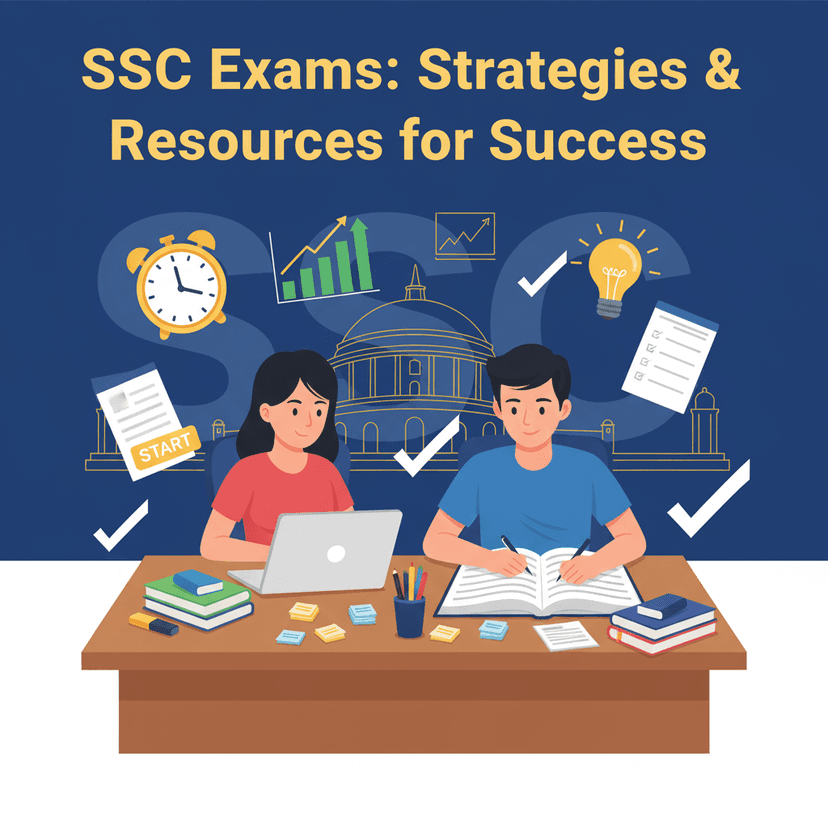
Boost your SSC exam success with smart strategies, study materials, and time management tips to ace CGL, CHSL, and other government exams easily.
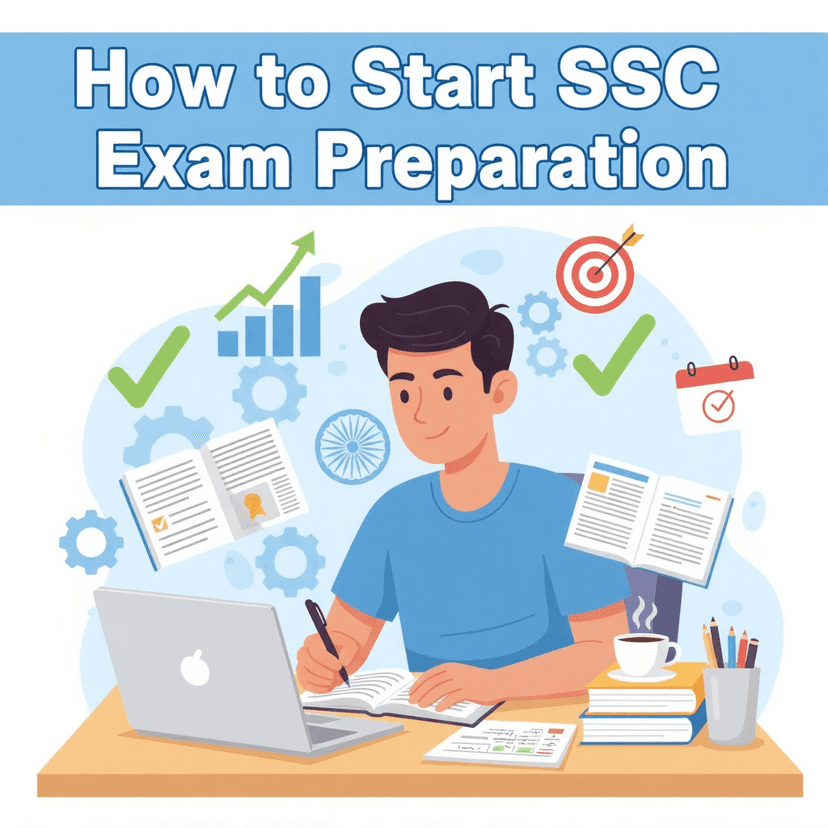
“Learn how to start SSC exam preparation with proven strategies, best books, mock tests & study plans. Complete guide for CGL, CHSL & state exams!”

Planning to ace the SSC CGL? Get the official ssc cgl exam guidelines covering eligibility, application, and the latest ssc cgl new exam pattern. Start!

Understand the comprehensive SSC CPO selection process. Get details on the SSC cpo paper pattern, physical tests, and final merit list. Start Now!